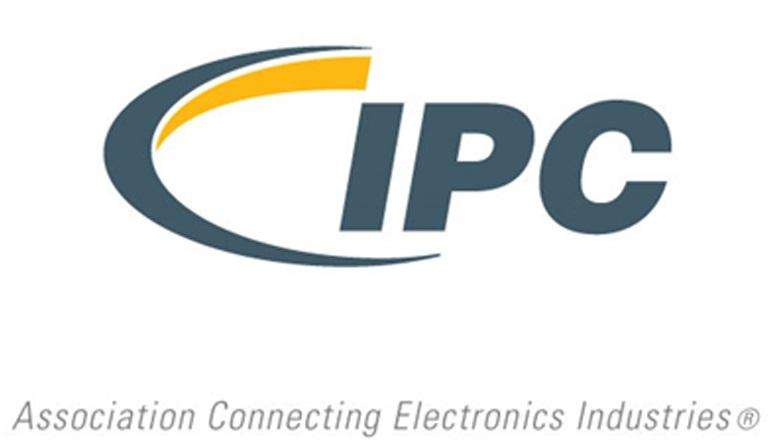Prerequisites To Become An IPC 7711/21 Trainer

When your personnel learn how to "Rework of Electronic Assemblies/Repair and Modify of Printed Boards and Electronic Assemblies," you can avail various benefits. Make sure your staff completes the IPC 7711/21 level certificate course in the chosen training facility or at your location using a mobile, online training school. If you wish to train your operators or engineers on-site, you can speak with the top PCB repair/rework training companies having access to mobile training vehicles.
Along with stereo microscopes, fume extraction, and flatscreen display equipment, the top IPC-certified training facilities must also feature the most recent soldering equipment. Not only that but they should also have additional equipment and materials on hand that a candidate would require when gaining practical knowledge for the IPC 7711/21 course. The training institute must provide an IPC 7711 soldering kit and educational manual.
Prerequisites to become an IPC 7711/21 trainer:
Each possible PCB repair/rework student must be qualified, meaning they must hold a BE degree and have at least six years of work experience in the electronics sector. If that's not an option, a Technical Engineering Diploma and at least ten years of relevant experience may also be sufficient.
Any applicants for the IPC 7711/21 certification program who are also certified IPC trainers in another IPC area must declare this at the time of enrollment.
Once a candidate has registered for the PCB repair/rework course, a few industry professionals will interview them to determine if they are a good "candidate" to become a certified trainer.
Please be aware that the IPC 7711/21 certification program interview will include a "communication skills test."
A candidate must pass the theory and practical exams to become an IPC-certified trainer to obtain a valid IPC certificate.
Only those who pay the course fees after the interview can enroll in the IPC 7711/21 course on the specified dates.
If course candidates fail the IPC 7711/21 theory or practical tests for any reason, they will still be allowed to retake the exam for a fee.
The PCB rework/repair course participants will, however, become a "Certified IPC Trainer" for that course if they pass both the theory and practical exams.
Additionally, in the worst-case scenario, if the candidates fail the retest, they must reapply to take the IPC 7711/21 course and pay the applicable fees.
The PCB repair/rework program's IPC certificate is valid for two years. The candidates must apply for re-certification once it has expired.
The received IPC certificate will be valid for the "following" two years once the applicant is recertified.
The final crucial point for students to remember is that after becoming a CIT trainer, they will need to pass a challenge exam to be recertified at 50% of the original fees before the validity date runs out.
Who should be a certified IPC trainer under IPC-7711/21?
To be completely honest, there aren't a lot of formal requirements to enroll in the PCB repair/rework course. However, it would be advantageous if the prospective IPC 7711/21 program member had exceptional hand-soldering abilities. Therefore, we highly recommend enrolling in this IPC certification program if you are a professional training, manufacturing, or quality assurance supervisor from the teaching or assembly rework processes.
 847-797-9250
847-797-9250